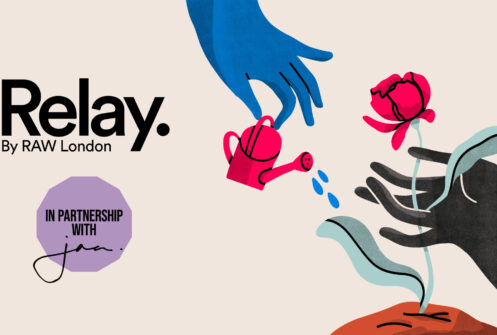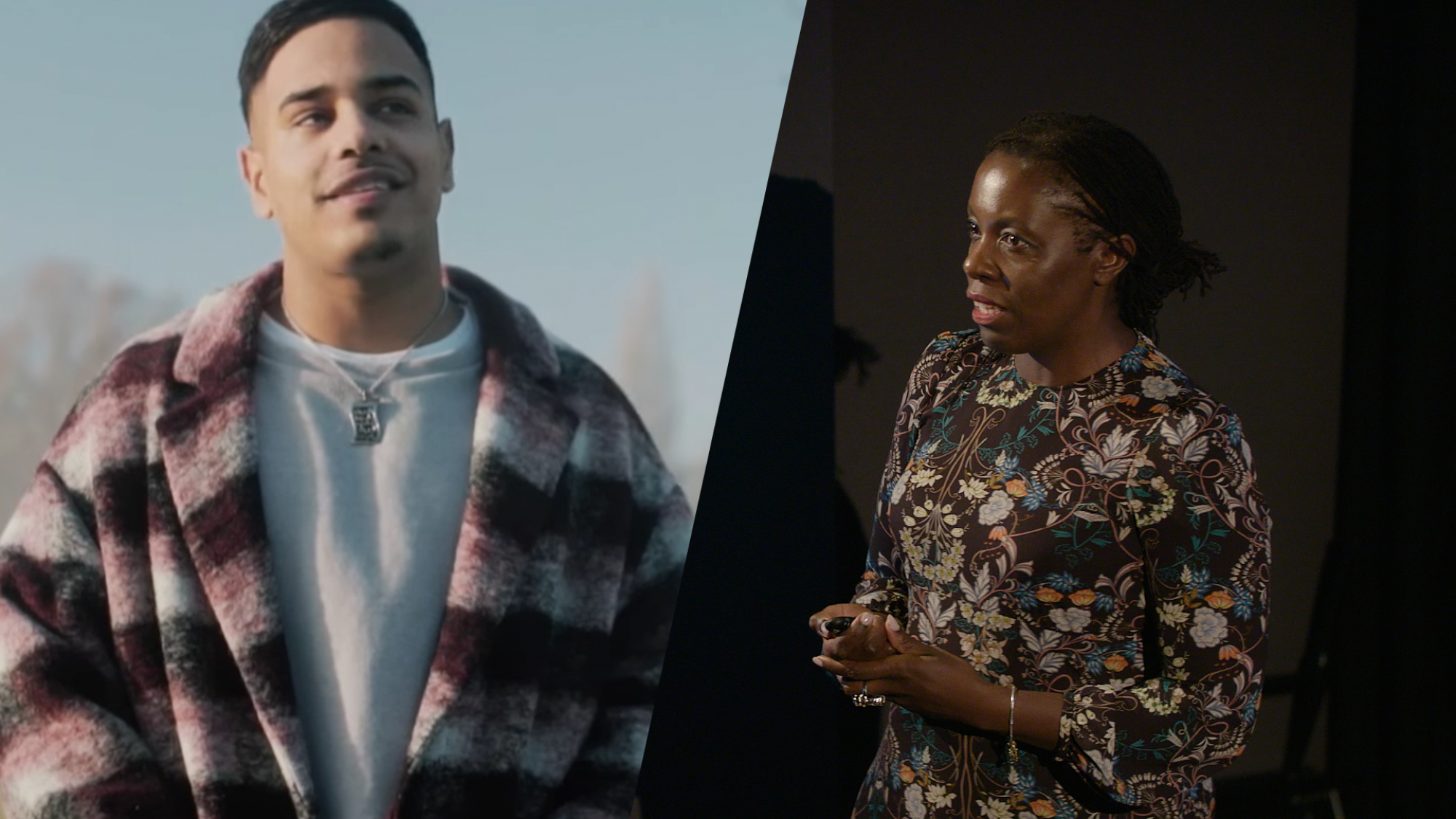

When Naomi Sesay agreed to speak at our Creative Storytelling in the Third Sector event we jumped with excitement. Naomi is a prolific speaker, coach, author and currently the On-Screen Diversity Executive at Channel 4. Her session explored the art of storytelling, the craft of communication and the power of ideas.
Naomi believes that what makes face to face communication so special is something more than just the body language and verbal language. She believes that energy plays a key part. Energy refers to the way people look at you, the way they feel about you, vibe off you. It’s all about how that energy is transferred from person to person.
But what’s happening now is that we’re communicating behind screens. This means, Naomi argues, that that element of energy is suddenly lost or obscured by these platforms.
So how do you get video to do this for you? How can you use video to get that energy and message out? For Naomi, it’s all about storytelling. Storytelling is not just about being on a digital platform and telling yours or your brand’s story – its more than that. Because if you think about stories, we’re all hard wired to actually love and understand what a good story is.
In this section, Naomi explained a theory. She argued that there are things we feel that we picked up subconsciously when we were younger, which we play and act out as we get older – in our careers, relationships etc. We have these subconsciously emotional needs embedded in us and they may transpire to be many things. It’s these needs that drive us in everything we do.
Naomi believes that in order to make those needs mean something, we need to realise that there’s purpose behind them, and that purpose tells a story. This becomes a particularly powerful force when you find other people that have the same need. You will find that you resonate with them on a much deeper level.
The second power Naomi highlights is certainty. Here she describes a scenario, and asks you to think about why you behave in this way…
“Have you ever had the experience where you’re at home chilling out, and the phone rings. It’s your best friend asking you to come to this event, but you don’t want to. You’re at home with a cup of tea and really aren’t feeling it. But your friend is persistent and eventually you give in. So you go to the event and as you leave you think, ‘something is going to go wrong. I’m going to regret this’. So you make it to the venue and something does happen – and you say to yourself, ‘I knew it’.”
If you knew it, why did you do it?
What Naomi suggests is that the person that got you out was more certain than you that you were going to come out. And the person who is most certain, wins. In this scenario they won – and you didn’t.
She uses this point to illustrate the importance of certainty. She asks – how certain are you about your own subconscious emotional needs? How certain are you that the video is going to hit the point? How certain are you that that story is going to resonate with other people? Because the one who is most certain, wins.
‘Gen Z’ is the term used to describe those who are just coming into the workforce around 23 years old. Naomi argues that this generation tends to illustrate these skills well because they have had to break through the platform barrier to show people who they are. She believes that they have had to find a way to navigate their story so that even through platforms it breaks through and resonates with people.
Here Naomi introduced Mim Shaikh, a young broadcaster for 1xtra and an emerging young talent. She describes his spoken word film, Letter To My Mother, as heartfelt, relatable and authentic because he talks about his subconscious emotional needs. When we think about storylines we should be thinking about that – what connects because you feel it too?
Naomi ended her session on 4 key takeaways to help you tell effective stories:
**This is a summary of a lightning talk from Raw London’s event Creative Storytelling in the Third Sector, Thursday 9 August 2018 at Bertha Dochouse, Curzon Bloomsbury. You can read more about the event here or see summaries and slides from other sessions below.**
These free events are invite-only so sign up to our mailing list for tickets to the next one.